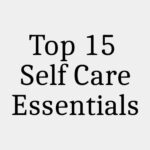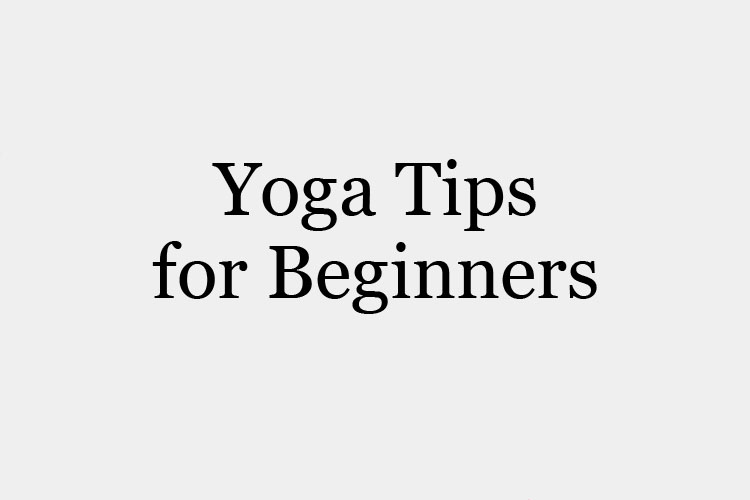
Setting goals are important, as it helps you organize your time and resources so that you can make the most out of life. It gives you motivation and creates a vision of how you want your life to look. The benefits are endless, as it will not only inspire you, but it will also set a direction for your future. It will give you clarity when you have to make a decision and a lasting purpose.
- Not Setting SMART Goals- SMART goals are specific, measurable, achievable, realistic, and timely. The SMART method helps you organize and actually reach your goals. It sets you up for success.
- Specific: The goal is clear and well defined. Vague Goal: “I want to get in shape.” Specific Goal: “I want to join a gym, workout two to three times a week, and lose X amount in 2 weeks because I would like to get in shape and be a healthier version of myself.”
- Measurable: You can measure your progress. Criteria: “Every week I will lose one pound of body fat”
- Achievable: It is not impossible to accomplish
- Realistic: It is within reach
- Timely: It has a specific start date and target date
- Not Believing in Yourself- The key to achieving anything in life is not necessarily whether others believe you can because some might not, but rather if you believe in you and have confidence in yourself. You can do anything that you put your mind to. If you do not yet believe in yourself then repeat the following self-affirmations every day and you will start to; I am confident and value myself, I am growing and learning every day, I am confident in my abilities.
- Not Writing Your Goals + Action Plan Down- “If you fail to plan, you plan to fail” Writing your goals down will help you get a clear vision of exactly what you want. Not only will you need to write down your goals, but you must also have an action plan in place to help you get there. What do I need to do right now? Today? This week? This month?
- Not Breaking Down Your Larger Goals into Smaller Goals- Having big dreams is not a bad thing. I highly encourage creating your dream vision life and board for that is the first step to ever achieving anything. Dream it, believe it, manifest it! However, dreams and goals take time and if you break it down into smaller, short-term goals it will better help you reach your long-term, larger goal.
- Setting Vague Goals- An example of a general goal would be “I want to get in shape.” A more specific goal would have all of the answers as to who, what, where, when, and why you want to reach the goal. To make your goal specific you need to answer a few questions:
- Who is involved in the goal?
- What do I want to accomplish?
- Where is this goal to be achieved?
- When do I want to achieve this goal?
- Why do I want to achieve this goal?
- Not Setting a Deadline for Your Goals- Your goals have to have a specific start and end date because if not you will not be motivated to take action to get to where you want to be.
- Not Being Consistent- People might have trouble committing to their goals because they lack consistency, they tend to procrastinate, or are lazy. Having an accountability partner increases your chances of success.
- Not Having a Plan- Having a plan is necessary to succeed, for without one it is no doubt that you won’t. How are you supposed to reach your goal without having a step-by-step action plan?
- Not Taking Action- You need to actually accomplish the items on your to-do list to get one day closer to your goal.
- Setting Extrinsic Goals- Extrinsic motivation is more likely to lead to burnout or lose effectiveness overtime. Intrinsic goals come from within and are personally rewarding to you. Extrinsic goals come from the outside. You engage in an activity not because you enjoy it, but rather because you get something out of it whether it be a reward or to avoid punishment. Intrinsic motivation is a more effective long-term method for achieving goals and completing tasks.
Fun Quotes:
-“Don’t be afraid to give your best to what seemingly are small jobs. Every time you conquer one it makes you that much stronger. If you do the little jobs well, the big ones will tend to take care of themselves”
-“The secret of getting ahead is getting started. The secret to getting started is breaking your complex overwhelming tasks into small manageable tasks and starting on the first one” -Mark Twain
-
 Happy Easter Coozie$6.00
Happy Easter Coozie$6.00 -
 Give Thanks Coozie$6.00
Give Thanks Coozie$6.00 -
 Easter Coozie$6.00
Easter Coozie$6.00 -
 Pumpkin Coozie$6.00
Pumpkin Coozie$6.00 -
 America Coozie$6.00
America Coozie$6.00 -
 Lucky Coozie$6.00
Lucky Coozie$6.00 -
 St Patrick’s Day Coozie$6.00
St Patrick’s Day Coozie$6.00 -
 Fuck it I’m Day Drinking Coozie$6.00
Fuck it I’m Day Drinking Coozie$6.00 -
 Flamingo Coozie$6.00
Flamingo Coozie$6.00
- 10 Reasons to Practice Self Care

- 10 Reasons to Set Goals

- 10 Habits to Begin Before the New Year

- Self Care Bucket List

- 5 Reasons to Have a Planner

- 60 Journal Ideas

- 14 Reasons to Be Grateful!

- Top 5 Skin Care Products

- What Is Included in Our NEW Monthly Planner?

-
 custom headbands$101.00
custom headbands$101.00 -
 Plaid Colorband Woof$8.00
Plaid Colorband Woof$8.00 -
 Festive Colorband Twist$10.00
Festive Colorband Twist$10.00 -
 Kiss Me I’m Irish Dog Bandana$8.00
Kiss Me I’m Irish Dog Bandana$8.00 -
 Candy Corn Colorband Woof$8.00
Candy Corn Colorband Woof$8.00 -
 Halloween Colorband Woof$8.00
Halloween Colorband Woof$8.00 -
 Custom Colorband Woof$8.00
Custom Colorband Woof$8.00 -
 St. Patrick’s Day Woof$8.00
St. Patrick’s Day Woof$8.00 -
 Puppy Love Woof Set$25.00
Puppy Love Woof Set$25.00















 1. INSTEAD OF THINKING:
1. INSTEAD OF THINKING: 






















































